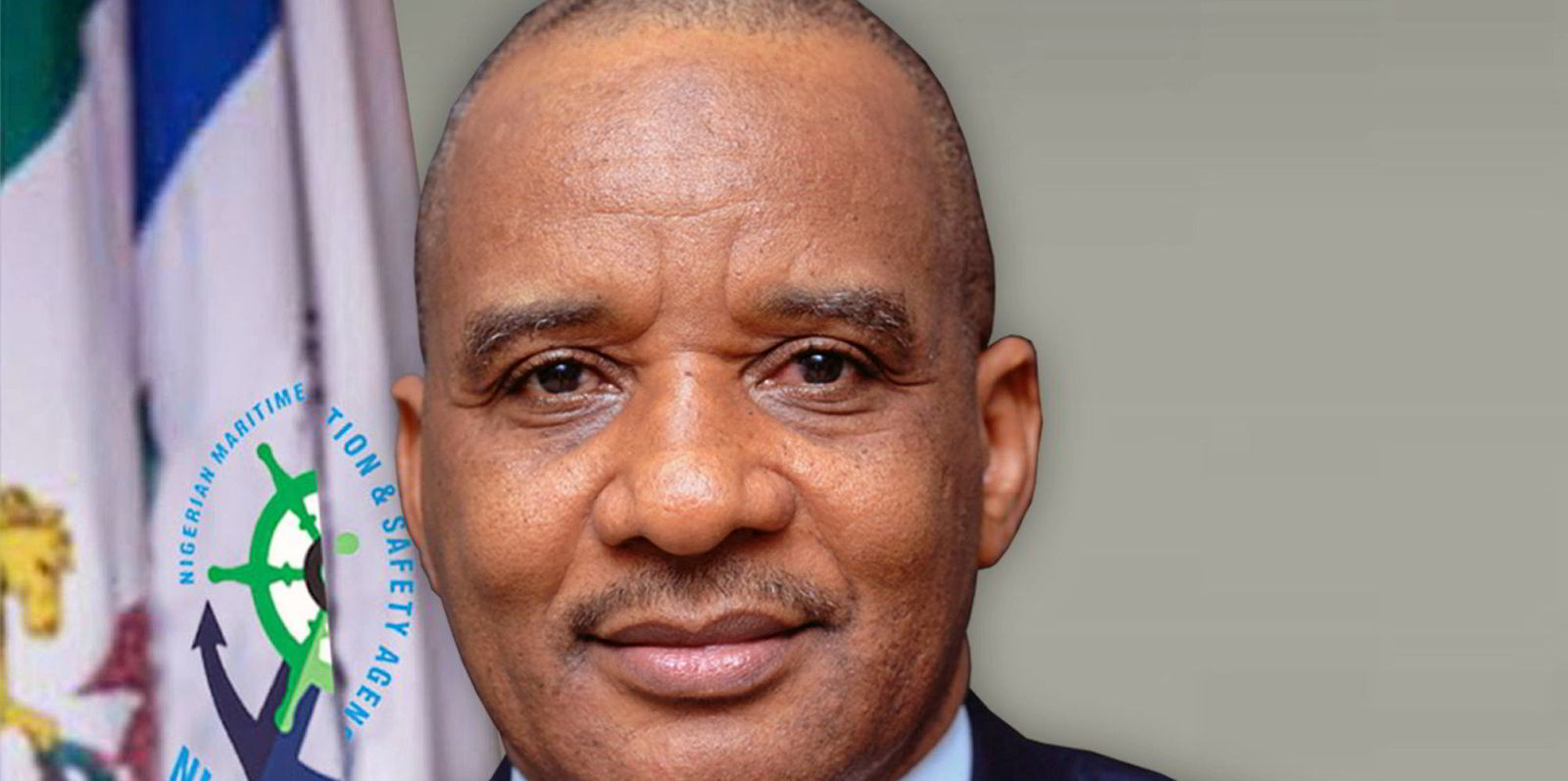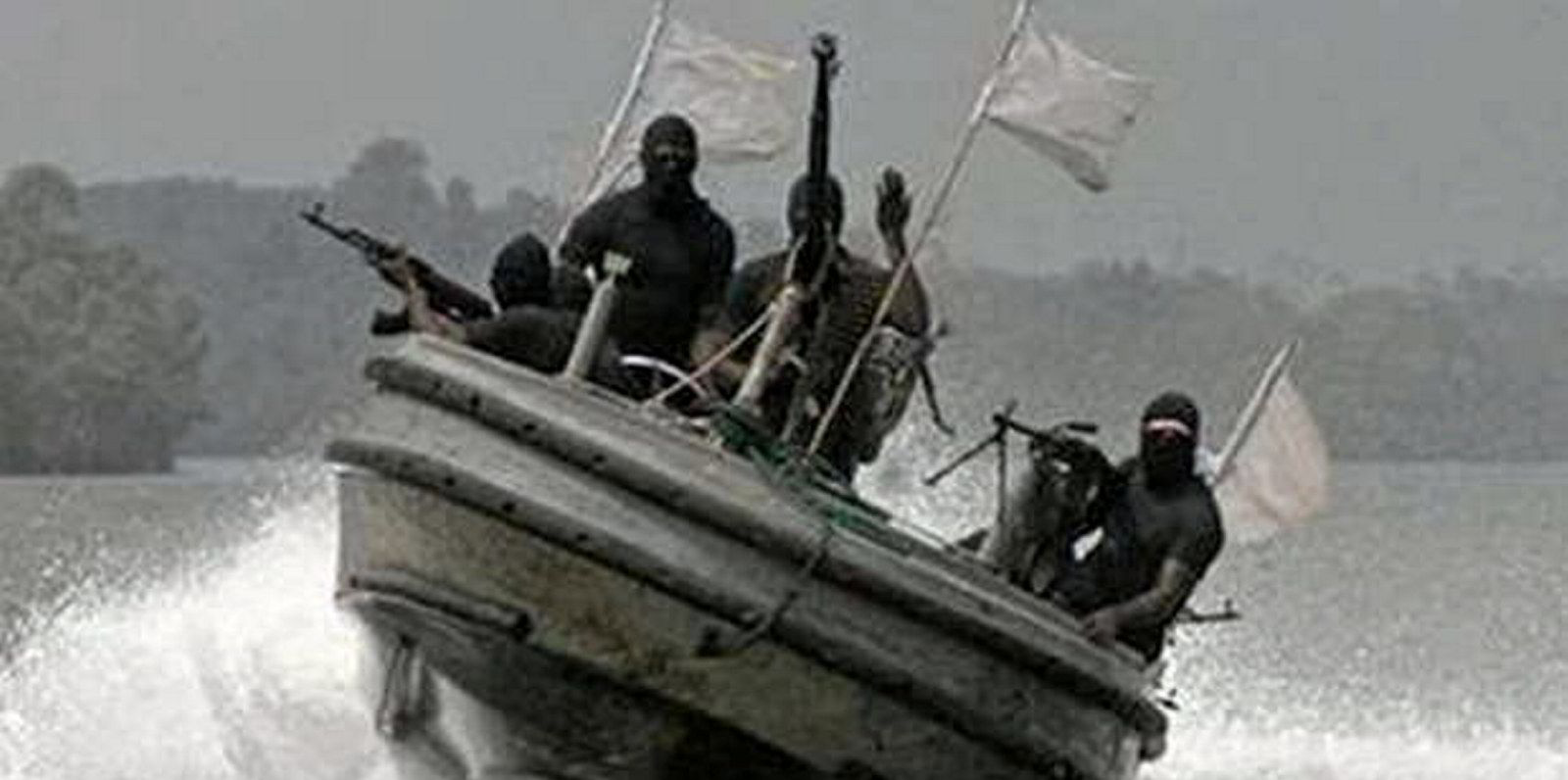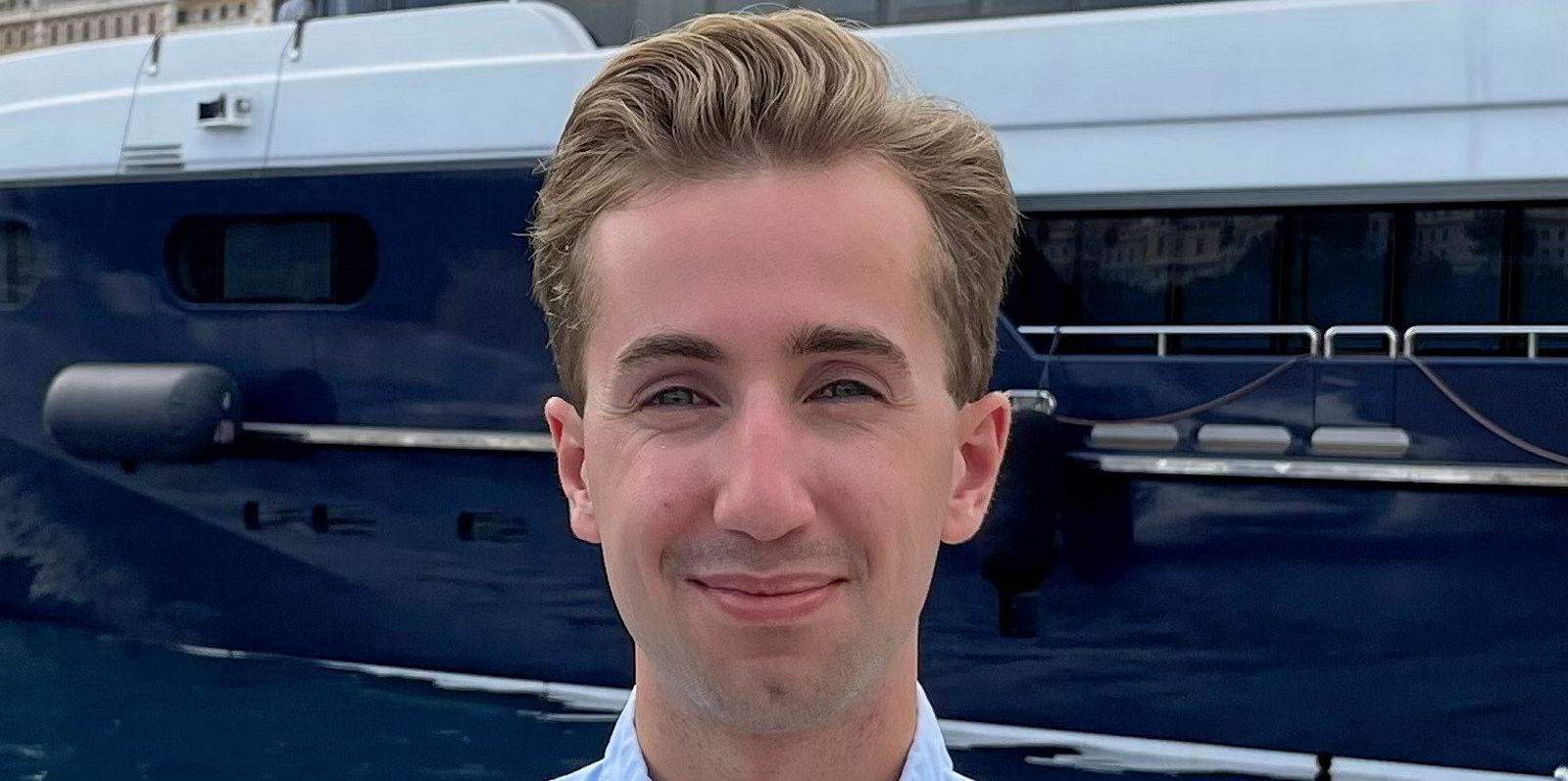Gulf of Guinea piracy has cost Nigeria nearly $800m, according to Nigerian Maritime Administration and Safety Agency head Bashir Jamoh.
Speaking at the country's Chief of the Naval Staff Annual Conference, Jamoh disfavourably compared the $794m figure to the estimated $4.5m piracy has cost Asia, according to a report in domestic newspaper Vanguard.
"Studies have identified the following factors as the drivers of maritime insecurity in the region," Jamoh said in the report.
“They include an increase in ship traffic as a result of globalisation, the debilitating leadership of many of the states in the region, the proliferation of small arms, poor monitoring and control of the oceans and criminality, which have been further aggravated by visible youth unemployment."
Jamoh did not appear to identify which studies he was citing for the impacts of maritime insecurity or the cost figures.
He said the increased costs come in the form of loss of revenue used instead in ransom payments, insurance premiums, re-routing of ships, cost of security equipment, losses for the domestic oil and fishing sectors, and costs from security escorts.
Nigeria and the Gulf of Guinea has been identified as the world's new piracy hotbed, with recent high-profile incidents of kidnappings and shooting of seafarers in the region despite global piracy reaching a 27-year low.
Nigeria itself has poured $195m into maritime security with its Deep Blue Project, intended to secure its waterways, anchorages and exclusive economic zone, along with new laws criminalising piracy.
Not long after its launch in June, Jamoh said the project had already led to a significant decline in piracy in Nigeria and urged insurers to drop the war risk premium assessed to ships coming to the country, Africa's largest economy.






